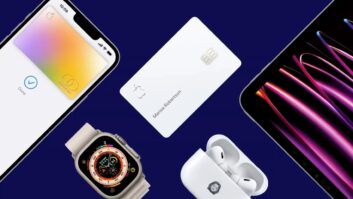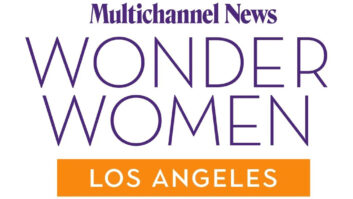Private-label credit card (PLCC) programs have the potential to benefit retailers and their customers in a variety of ways. For retailers, these cards provide opportunities to build brand loyalty and they also give the retailers access to a plethora of customer data. For consumers, the cards can often increase their buying power and give them access to a variety of special deals, targeted offers and rewards.
In order to take a closer look at PLCC programs, TWICE interviewed executives at a collection of companies that provide these programs to many top industry retailers and buying groups. They provided insight on the benefits of these programs and information on how interested retailers could go about implementing such a program at their own company. Their comments follow.
TWICE: How do private-label credit cards benefit consumer electronics and major appliance retailers?
Brian Hughes, managing director of client development and marketing, HSBC Card and Retail Services: Private-label credit card programs offer retailers an excellent opportunity to build relationships with their customers. In fact, studies show PLCC customers shop more often and purchase three times more than other customers.
One of the reasons is that PLCCs make purchasing higher-end products like flat-screen TVs and appliances more affordable for consumers. PLCCs often offer deferred financing programs, such as no interest, no payments, which give customers the option to bring home the product they want now while paying for it over time.
PLCCs also generate add-on sales and provide up-sell opportunities that add incremental revenue to the retailer’s bottom line.
In addition, PLCC programs give consumer electronics retailers many opportunities to communicate with their customers at virtually minimum or no cost. Retailers can include information and offers about new products and upcoming sales events in the card issuer’s welcome kits, statements, email alerts, direct mail, etc.
For example, in recognition of a customer’s birthday, one of our consumer electronics merchant partners used to regularly mail their customers targeted product information and sales offers. Leveraging HSBC’s customer analytics, the merchant was able to test and measure the impact of delivering the same birthday offer via two different channels — direct mail and HSBC’s credit card statement. The campaign test resulted in equal validation, allowing the merchant to deliver his message via the statement at no cost. Thus, the merchant was then able to re-allocate the marketing dollars it previously spent on the direct-mail campaign to other business marketing initiatives.
Lou Pagliarini, sales VP, GE Money: When used as a marketing tool, a PLCC program can assist retailers to increase their average ticket size, drive incremental sales and provide buying power to their consumers.
Today’s most successful consumer electronics retailers see financing as a vital tool to sustain a competitive advantage. For example, with a private-label credit card program, also known as a store-branded program, the card itself serves as a powerful marketing tool and helps keep the retailer’s brand identity top-of-mind for the consumer. Dealers who offer private-label credit programs often enjoy greater repeat purchases and brand loyalty with their consumers.
Dan Abbott, president, Wells Fargo Financial Retail Services: The potential for increased sales and stronger customer relationships, as well as gaining a competitive advantage, are all incentives to offer a private-label credit card program. A private-label credit card program can open the door to many new and profitable opportunities, including:
- higher average ticket amount;
- greater shopping frequency;
- improved customer ratings of a retailer’s service level, value, and convenience; and
- increased brand awareness and loyalty.
TWICE: How would an independent retailer go about setting up a private-label credit card program? What is required on their end?
Hughes: HSBC manages private-label credit programs for many of the industry’s premier electronic retailers and manufacturers. We encourage independent retailers to work directly with one of the manufacturers we partner with, such as Mitsubishi or Sony.
Pagliarini: With GE Money, it’s very simple: Retailers just call our New Dealer Sign-Up number. Within three days they receive a welcome kit that includes a new terminal and training guide. We then conduct phone training to ensure our partner understands the basics of selling PLCCs to consumers and how to process PLCC transactions. We find that making the salesperson comfortable explaining financing helps them be more successful and helps consumers understand how financing can make a difference for them in terms of affordability. Extensive training opportunities on how to confidently sell credit, introduce it early in the conversation and how to overcome objections are certainly value added services from GE Money. We also review the PLCC promotion calendar related to our partner’s respective buying group.
Abbott: Questions we typically ask retailers who inquire about offering a consumer credit card program through Wells Fargo Financial Retail Services include:
- Are you a manufacturer, distributor, or retailer?
- Do you currently offer a credit financing program for your customers? If so, we want to know:
- What products and services do you sell?
- What is your annual sales volume?
- What percent of your sales are financed?
- Do you actively promote financing?
- Who currently provides your financing?
- If in-house, do you have a portfolio of financed receivables?













